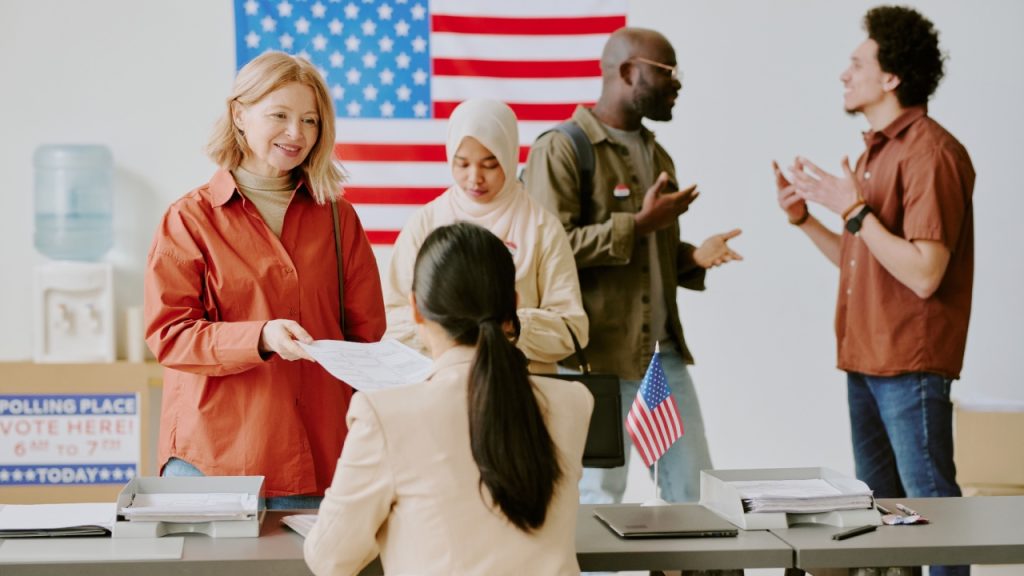In the home stretch of the 2024 presidential election, a new poll dominates the headlines almost every day. But one thing remains consistent: It looks like an extremely tight race.
But just how much do polls really matter?
We asked Fordham’s resident expert, Monika McDermott, Ph.D., a professor of political science who studies voting behavior, political psychology, and public opinion. She has been an election night analyst for CBS News since 2002 and works as a campaign and polling consultant in the U.S. and abroad.
“Whether polling matters depends on the purpose for which people intend to use it,” she said. “For campaigns, political polling is extremely valuable in formulating messaging and determining weaknesses and strengths of the candidate.”
McDermott explained that some things pollsters ask about—such as issues and priorities—provide great insight into the race. But most media outlets choose to ignore those questions in favor of the electoral horse race: which candidate is ahead and by how many points. “For that purpose, polls aren’t great,” she said.
How accurate are polls at predicting who will win?
Polls only provide a snapshot in time. The numbers are only good at the moment they’re measured. As we say in polling and elections, the only poll that counts is the one on Election Day.
How do pollsters decide who to poll?
Polls used to be done using random samples of telephone numbers. Since the advent of cell phones, things have changed. Now, many polls are based on volunteer opt-in panels of respondents. So they only measure the opinions of people who have chosen to be included. This means that while polling can still approximate a “representative” sample of Americans, most polling no longer relies on the original statistical assumptions behind random sampling. That doesn’t necessarily mean they aren’t good and useful, but it is a different animal.
How much do poll results influence campaign strategy?
In my experience, polling is extremely valuable in determining issue priorities and messaging for the candidate to best persuade the voters they need on their side. They can also point out weaknesses in an opponent’s campaigning and positions, which is also useful.
What are the gold standard surveys?
In my personal opinion, the most reliable surveys come from organizations that are trying to recruit their respondent pool based on random sampling. It’s a blend of old and new methods and avoids the purely opt-in effect. The National Opinion Research Center at the University of Chicago, which does polling for the Associated Press, among other organizations, does this, and they are the closest to the pure science of sampling.
Campaign polls that use registered voter lists are actually also reliable, as they want to talk only to voters. Media organizations don’t do this because they frequently would rather be able to talk about the American public at large.
Why were the polls so wrong in 2016?
2016 was not the polling disaster that people like to think it was. The national polls were dead-on. [Hillary] Clinton won the popular vote (by a point or two, which was the prediction), which is all that national polls are designed to measure. They are not representative of the electoral college vote and that’s what decides the election.
The problem in 2016 came from estimates from state polls. State polls are notoriously hard to do. Only experts in that region know the ins and outs that are special to that state’s politics and electorates.

